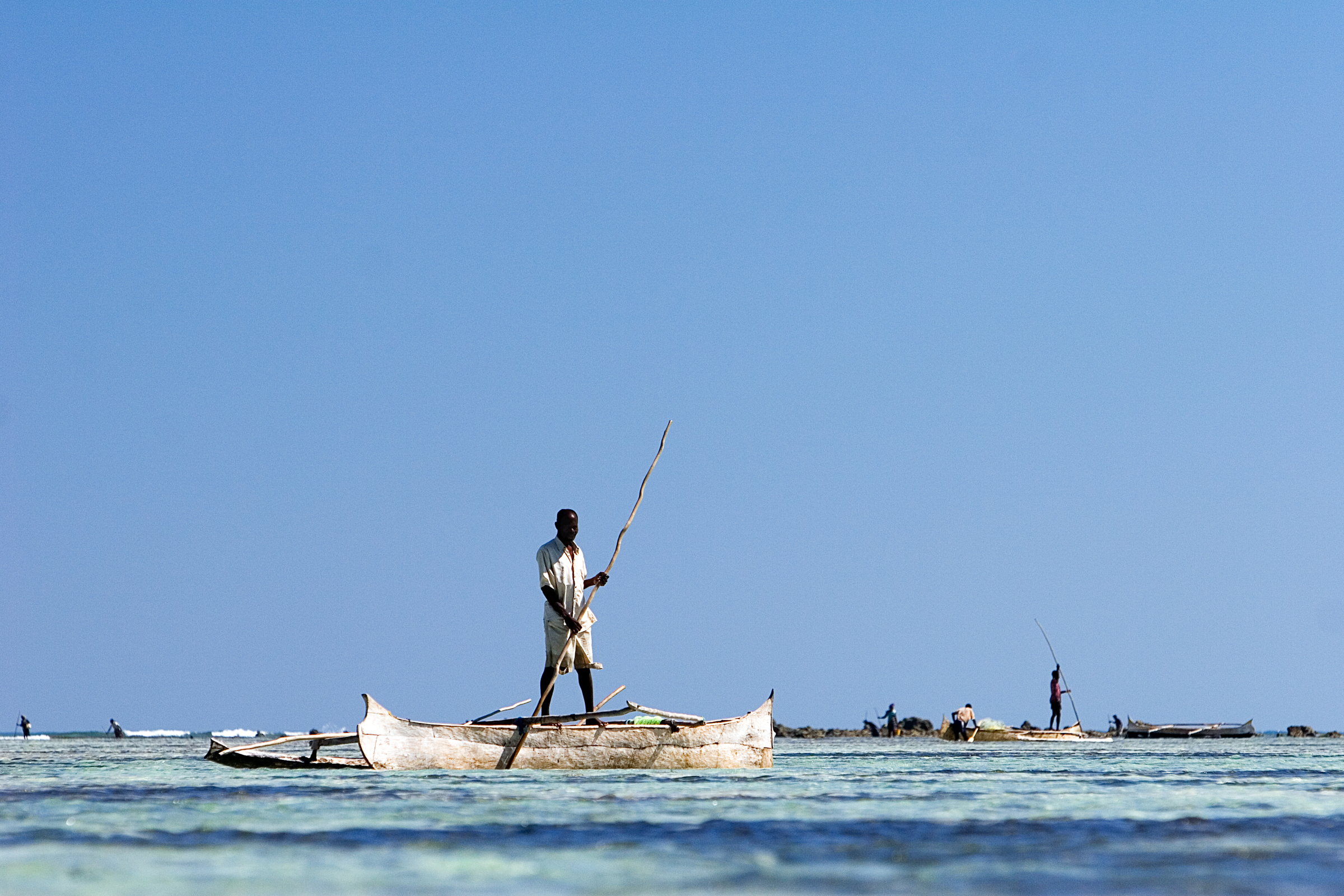Locally Managed Marine Areas (LMMAs) are zones managed by coastal communities to help protect fisheries and safeguard biodiversity. Through the use of Dina – customary laws that are recognised by the Government of Madagascar –partner communities have designed effective rules that can be enforced locally to ban destructive fishing practices, protect endangered species and designate priority marine areas for protection. To ensure the long-term financial sustainability of LMMAs, a variety of mechanisms including marine ecotourism programmes, seafood supply chain incentive schemes, eco-certifications for sustainable fisheries, and payment for ecosystem services are developed. Velondriake is Madagascar’s first LMMA where elected representatives from 25 villages have put in place a management plan that includes permanent reserves, temporary octopus fishery closures, community-based aquaculture of seaweed and sea cucumbers, all regulated through a series of locally developed and enforced rules (Dina). Preliminary protected status was granted by the Government of Madagascar in 2010 and definitive protected status was successfully acquired in 2015.
Community motivation for creating LMMAs has been established throughtemporary octopus fishery closures, which boost octopus landings and fisher incomes. The legal basis for LMMAs is the use of Dina – customary laws recognised by the Government – with additional frameworks allowing LMMAs to be formally designated as community managed protected area. Effective community management is supported through Madagascar’s national LMMA network, which facilitates exchanges and forums to share experiences.
Managing fisheries and marine resources works best when responsibility is placed in the hands of local communities. This is particularly true in low-income countries where there is often limited capacity and infrastructure for fisheries management and marine conservation. Our experience in Madagascar has shown that peer-to-peer learning is a highly effective tool for building local capacity and confidence in marine conservation.
